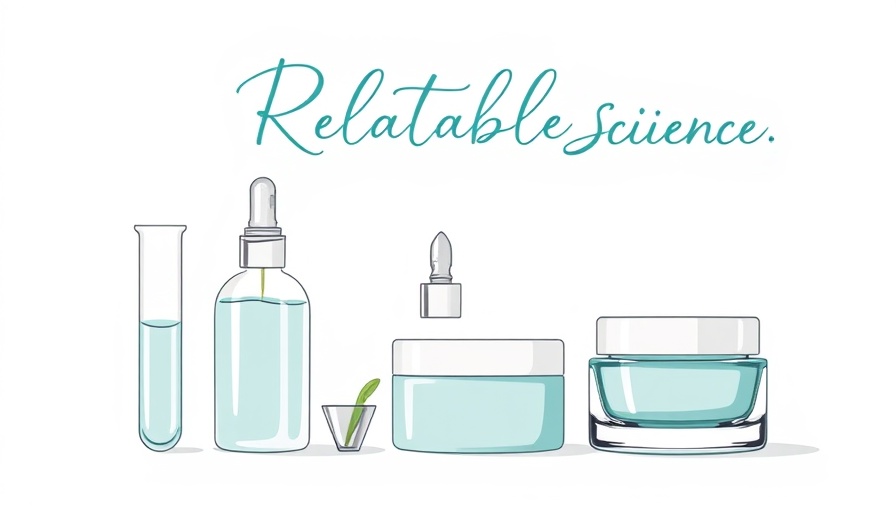
Unveiling the Science Behind Oil Skincare: The Magic and the Must-Knows
Ever wondered if putting oil on your face would turn you into a glowing goddess or just leave you greasy with a face full of acne? You’re not alone! The world of oil skincare is full of big promises, centuries-old rituals, and some seriously mixed reviews. So, is oil skincare really a game-changing solution or just another passing beauty trend? Let’s break down the facts, separate the science from the hype, and see if facial oils deserve a spot on your bathroom shelf.
A Blast from the Past: The Historical Roots of Oil Skincare
Oil skincare is anything but new. For thousands of years, different cultures have relied on natural oils to cleanse, moisturize, and protect their skin. Ancient Egyptians cherished moringa and castor oil, Greeks adored olive oil, while Ayurvedic medicine has long praised sesame and coconut oils for their healing properties. Today, we see oils like jojoba, argan, rosehip, and squalane making their way into everything from drugstore shelves to high-end skincare counters.
Why the long-lasting appeal? Oils are natural emollients, which means they help soften and smooth the skin’s surface. Plus, their chemistry allows them to mimic or supplement our skin’s natural barrier which is crucial for maintaining hydrated and youthful skin. For the affluent individual looking for quality skincare, understanding these roots can deepen appreciation for products that are effective and time-tested.
How Oil Skincare Functions in Your Daily Regimen
Before you grab the nearest bottle, let’s discuss how oils interact with your skin.
-
Cleansing Oils: The Chemistry of Clean
If you’re familiar with double cleansing or the oil cleansing method, you know the claim: “Oil dissolves oil.” This is basic chemistry in action. Many makeup products and sunscreens are oil-based, so using an oil cleanser can help dissolve and lift away dirt, makeup, and excess sebum effectively, without stripping your skin dry.
-
Moisturizing Oils: Sealing in Hydration
While oils themselves do not add water, they effectively seal in moisture. They act like a topcoat for your skin by supplementing its natural oils and locking in hydration. Oils rich in fatty acids, like argan or rosehip, are particularly beneficial for skin that is dry or irritated due to various factors like UV exposure and aging.
-
Oils and Acne: Friends or Foes?
Some oils can clog pores, especially for those with oily or acne-prone skin. However, not all oils are created equal. Non-comedogenic oils, such as squalane, hemp, and grapeseed, are less likely to cause breakouts. Interestingly, some oils like tea tree oil can possess antibacterial properties that might help manage acne.
The Science Behind Oil Skincare Benefits: Are the Claims Valid?
You might see plenty of “miracle oil” advertising, but what does the research say? Scientific skincare has grown tremendously, with innovations and analyses shedding light on the best ingredients for various skin types. They reveal that while oils can complement a regimen aimed at collagen production, elasticity restoration, and even microdermabrasion techniques, approaching oils with caution is crucial. Patch testing and cautious exploration of suitable formulations are essential steps for attaining glowing, healthy skin.
Innovations in Beauty Technology: The Future of Oil Skincare
With rapid advancements in beauty technology, the potential for non-invasive treatments, including oil-based serums and moisturizers, is promising. From research findings related to delivering active ingredients more effectively through oil vehicles to improvements in anti-aging solutions, the skincare landscape is constantly evolving. For designs-savvy homeowners, incorporating ingredients backed by scientific research creates not only a regimen but also a lifestyle focus toward wellness and sustainability.
Conclusion: Embrace the Benefits Responsibly
As we navigate the world of aesthetic medicine trends, especially regarding oil skincare, let’s remember the importance of making well-informed choices. Recognizing that not all oils suit all skin types is key to fostering a healthy relationship with your skincare routine. If embracing oils aligns with your beauty ethos, experiment and observe how your skin responds, ensuring you find products that match both quality and efficacy.
Whether you are enhancing your home sanctuary or just delving deeper into the realm of self-care, layering in informed beauty choices can pave the way for radiant skin. Transform your daily routine and explore oil-based treatments that suit your unique skin health advancements!
 Add Row
Add Row  Add
Add 




Write A Comment